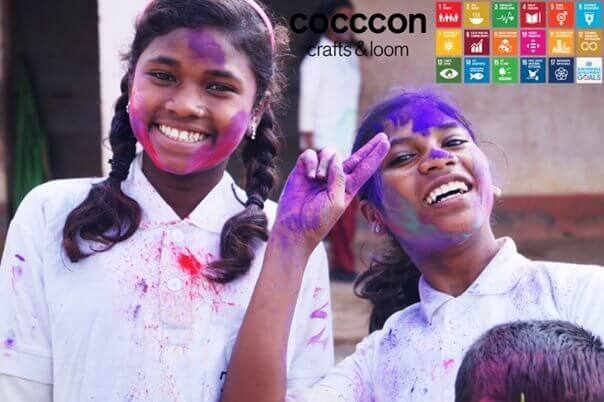
Cocccon is one of the leading fashion companies to self-introduce the UN’s Sustainable Development Goals into its agenda. The fashion industry has a significant impact on the development of our planet. Being the second highest users of water worldwide, the industry produces 20% of global water waste and generates 10% of all global carbon emissions. Farming related to fashion is responsible for 24% of insecticides and 11% of pesticides despite using only 3% of the planet’s arable land. As far as waste is concerned, 85% of textiles are sent to landfills, i.e. 21 billion tons each year. Beyond the environmental impact, the fashion industry is closely linked to labour, gender and poverty issues. Sadly, the exploitation of workers, child labour and unhygienic working condition are well known in our fashion industry. Understanding all these issues where the development of the fashion sector has a negative impact on ecology and society, project Cocccon promise to implement SDGs as follows...








